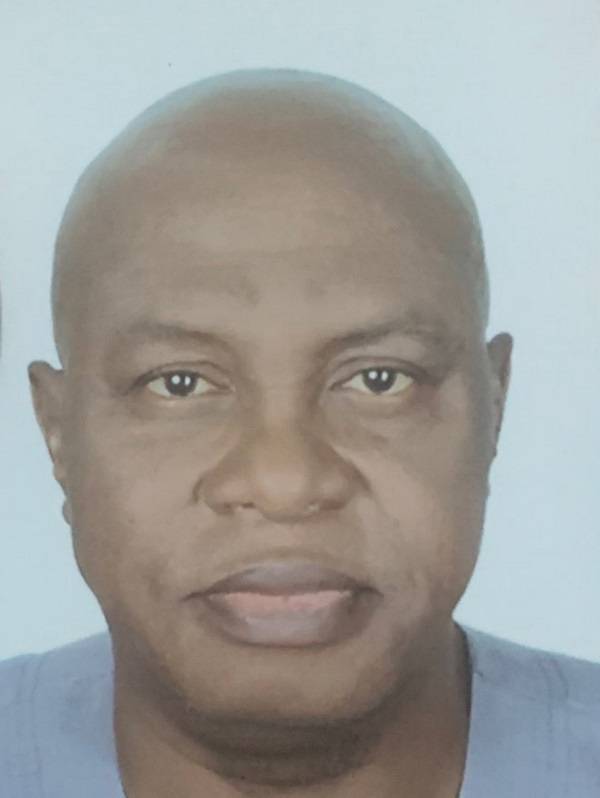
Robots are becoming an increasingly important part of our lives and there are now more opportunities than ever to interact with them. The International Telecommunications Union (ITU) is hosting the world’s first humanoid conference for robotics and their creators in Geneva, Switzerland, from July 6-7, 2023. This conference, called the ‘Artificial Intelligence for Good Global Summit (AI)’, will include the world’s first press conference featuring humanoid social robots.
This unprecedented media event will give reporters in Geneva the opportunity to question nine robots and their creators. Over 40 specialised robots will also be on display during the full event, demonstrating capabilities ranging from fighting fires and building houses to providing healthcare and farming sustainably.
Generative AI and human-machine collaboration will be key themes of discussion at the summit, reflecting the recent surge in public interest in AI resulting from the release of large language models such as ChatGPT and other generative AI tools. The event will emphasise networking to build new projects, calls to action and partnerships. It will feature talks from thought leaders as well as demonstrations of state-of-the-art AI solutions that could achieve global scale with the support of the international AI for Good community.
The ITU says AI innovation will be central to the achievement of the United Nations’ Sustainable Development Goals (SDGs) by capitalising on the unprecedented quantities of data now being generated on sentiment behaviour, human health, commerce, communications, migration and more. The AI for Good Global Summit is expected to demonstrate how new technologies could support the UN SDGs, with emphasis on combatting the climate crisis and bolstering humanitarian responses, among others.
The ITU says it will provide a neutral platform for government, industry and academia to build a common understanding of the capabilities of emerging AI technologies and consequent needs for technical standardisation and policy guidance.
Robots scheduled to meet with the media include Beonmi, the world’s first fully functional general-purpose humanoid robot (Beyond Imagination); Nadine, one of the world’s most realistic humanoid social robots (University of Geneva); Sophia, the first robot Innovation Ambassador for the United Nations Development Programme (Hanson Robotics); Geminoid, an ultra-realistic humanoid robot from Japan (Hiroshi Ishiguro); 4NE-1, one of the world’s most advanced cognitive humanoid robots designed to collaborate with humans (Neura Robotics) and many more.
The AI for Good Global Summit will also host the final round of the AI for Good Innovation Factory, where start-ups from around the world will pitch their AI solutions to advance the SDGs.
Robotics have been around since 1928 when one of the first humanoid robots, named Eric, was exhibited at the Model Engineers Society yearly exhibition in London. Today’s humanoid robots come in different shapes and sizes and are extensively being used for research and space exploration, personal assistance and care-giving, education and entertainment, search and rescue operations, manufacturing and maintenance, public relations and, most importantly, the healthcare sector.
The ITU says this event will emphasise networking to build new projects, calls to action and partnerships. It will feature talks from thought leaders as well as demonstrations of state-of-the-art AI solutions that could achieve global scale with the support of the international AI for Good community.
According to the ITU, AI for Good’s show floor will include AI-inspired performances and artwork, with highlights this year including the global premieres of Jojo Mayer’s ‘Me/Machine’ real-time AI drumming performance with Harry Yeff’s (REEPS100) ‘A.I and The Machine Inspired Voice’ performance.
It is clear that AI and robotics are becoming an increasingly important part of our lives. Although AI and robotics are prevalent in Europe, Asia and America, where some form of legislation has been put in place, the ITU is in the process of standardisation and releasing guidelines to make both their developments and usage inclusive.

